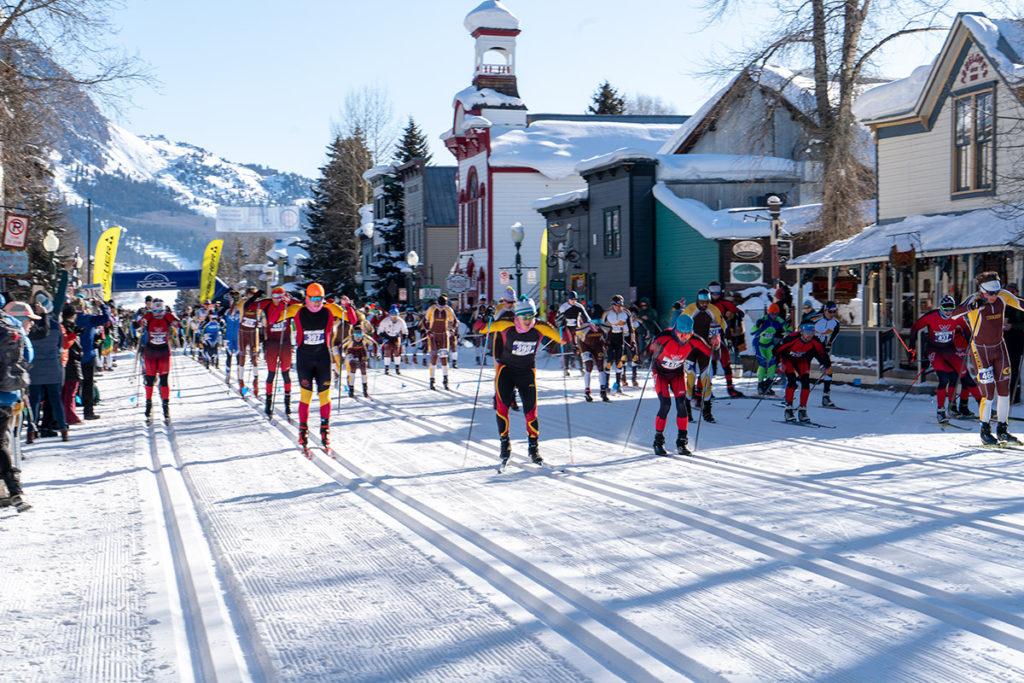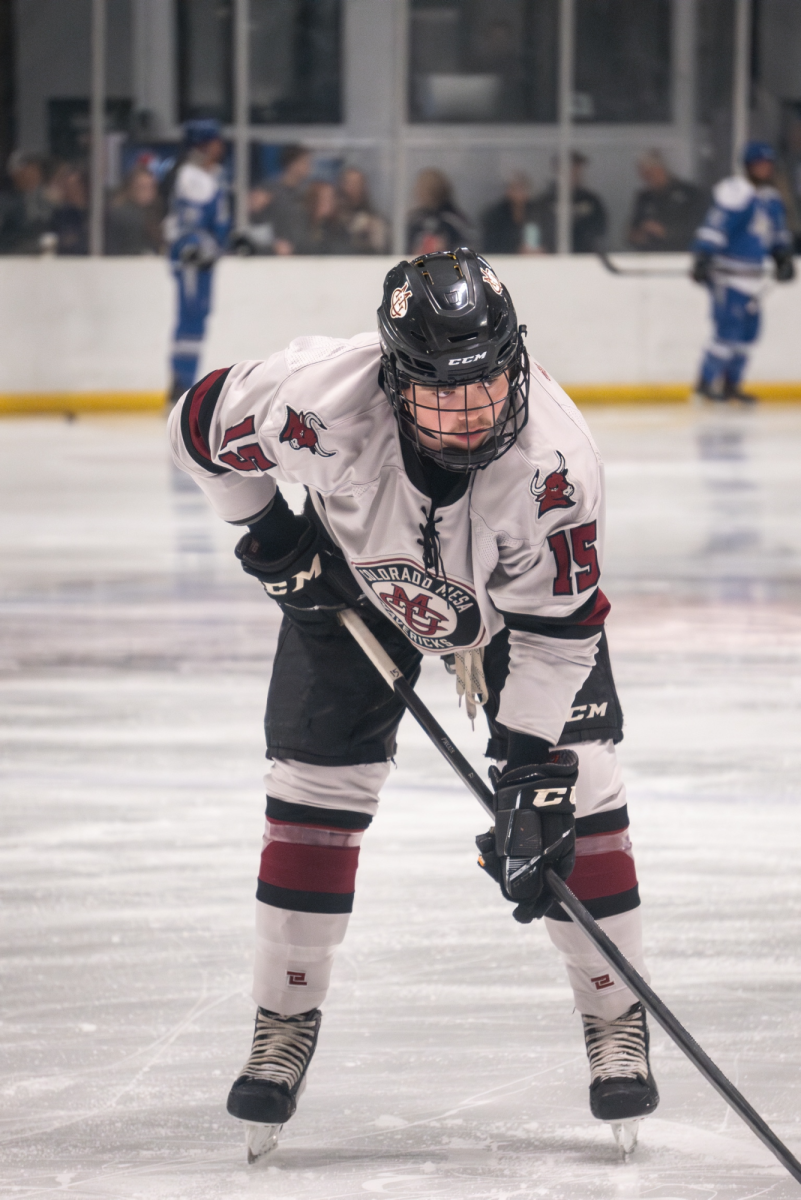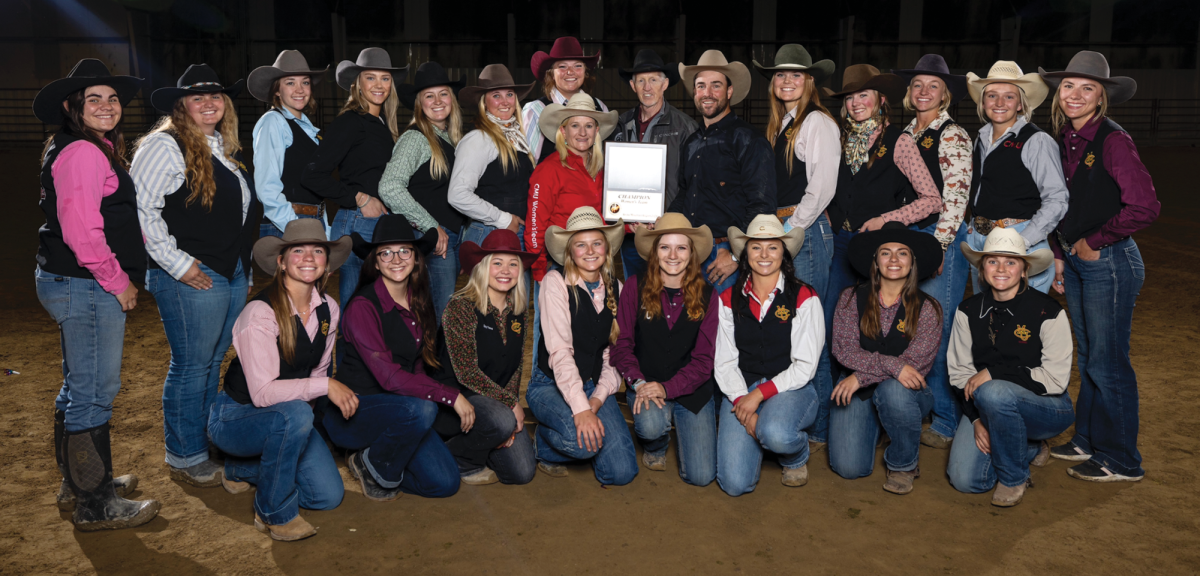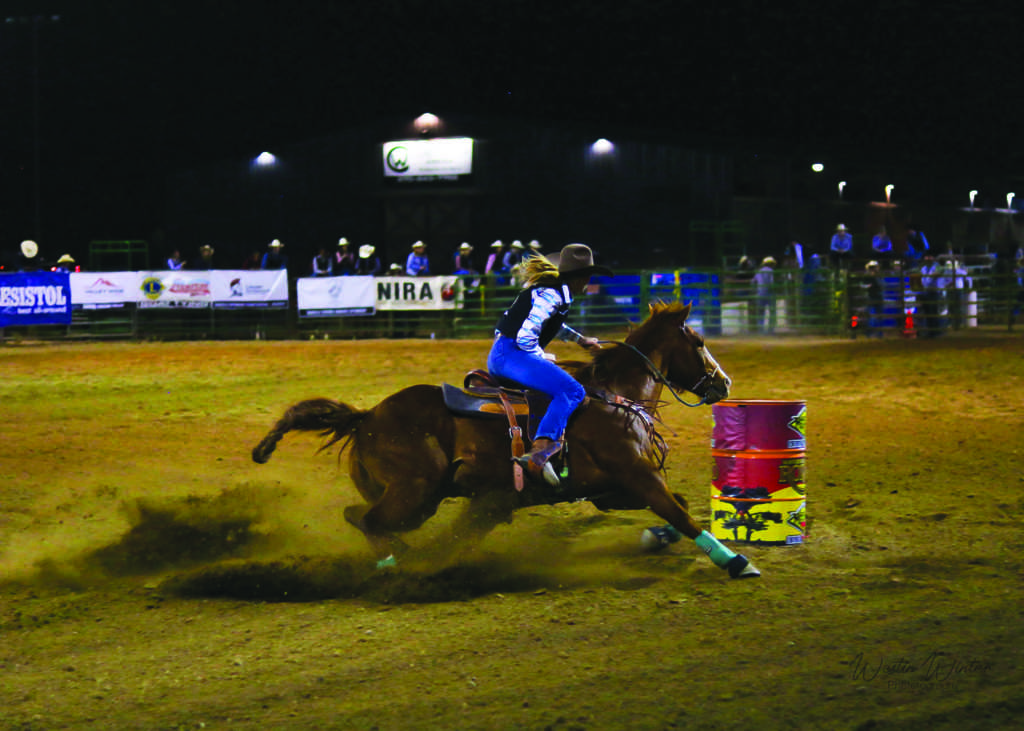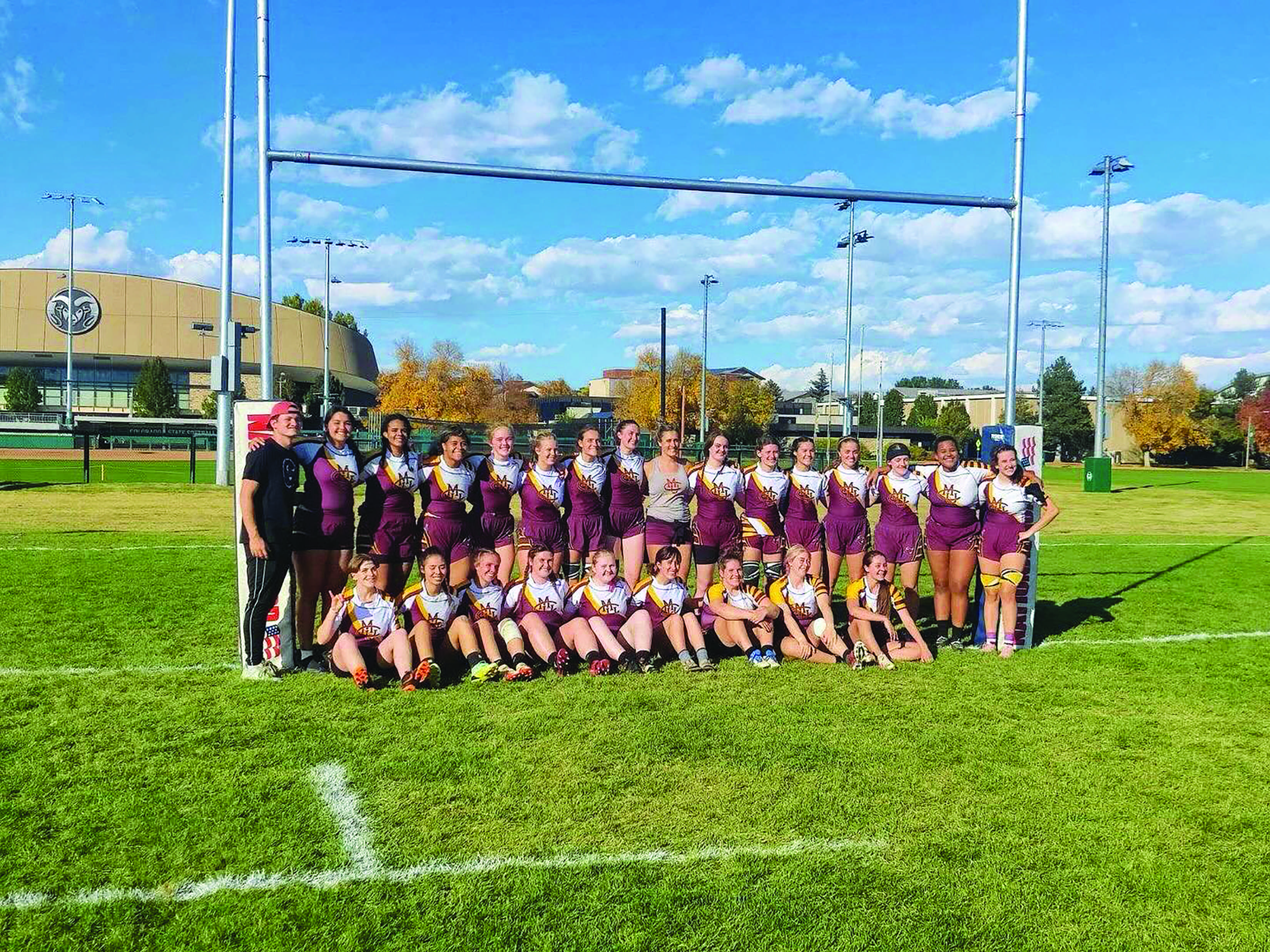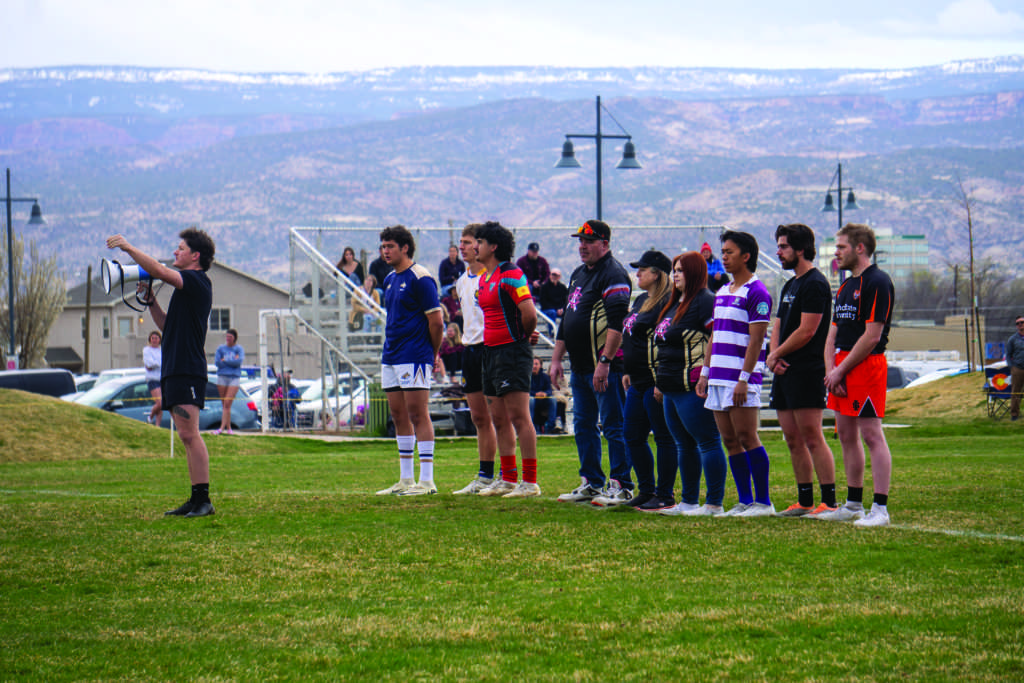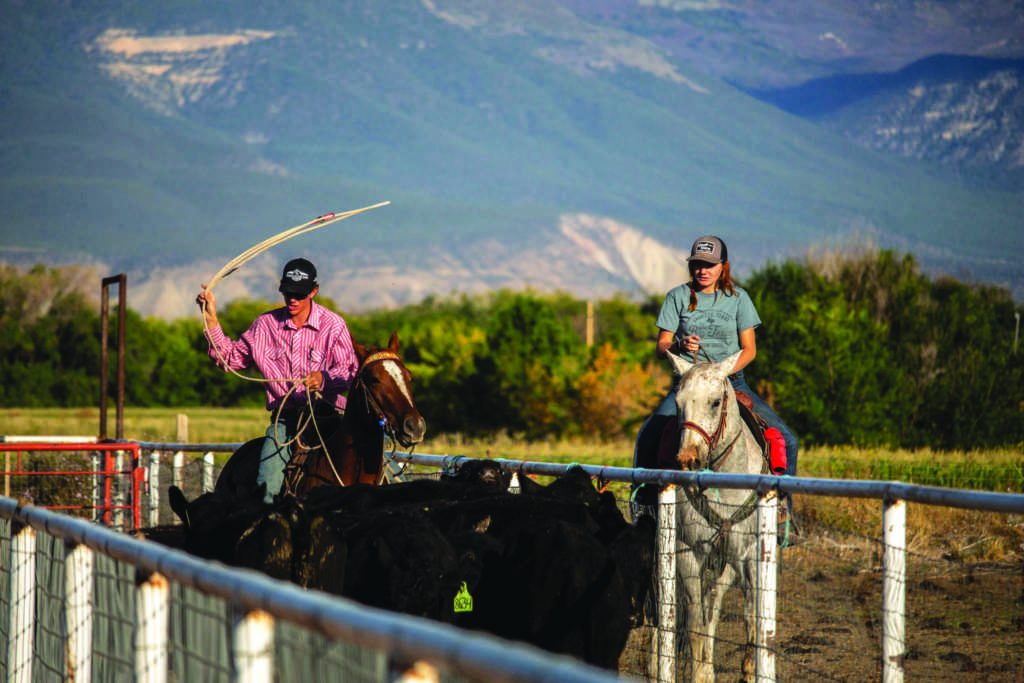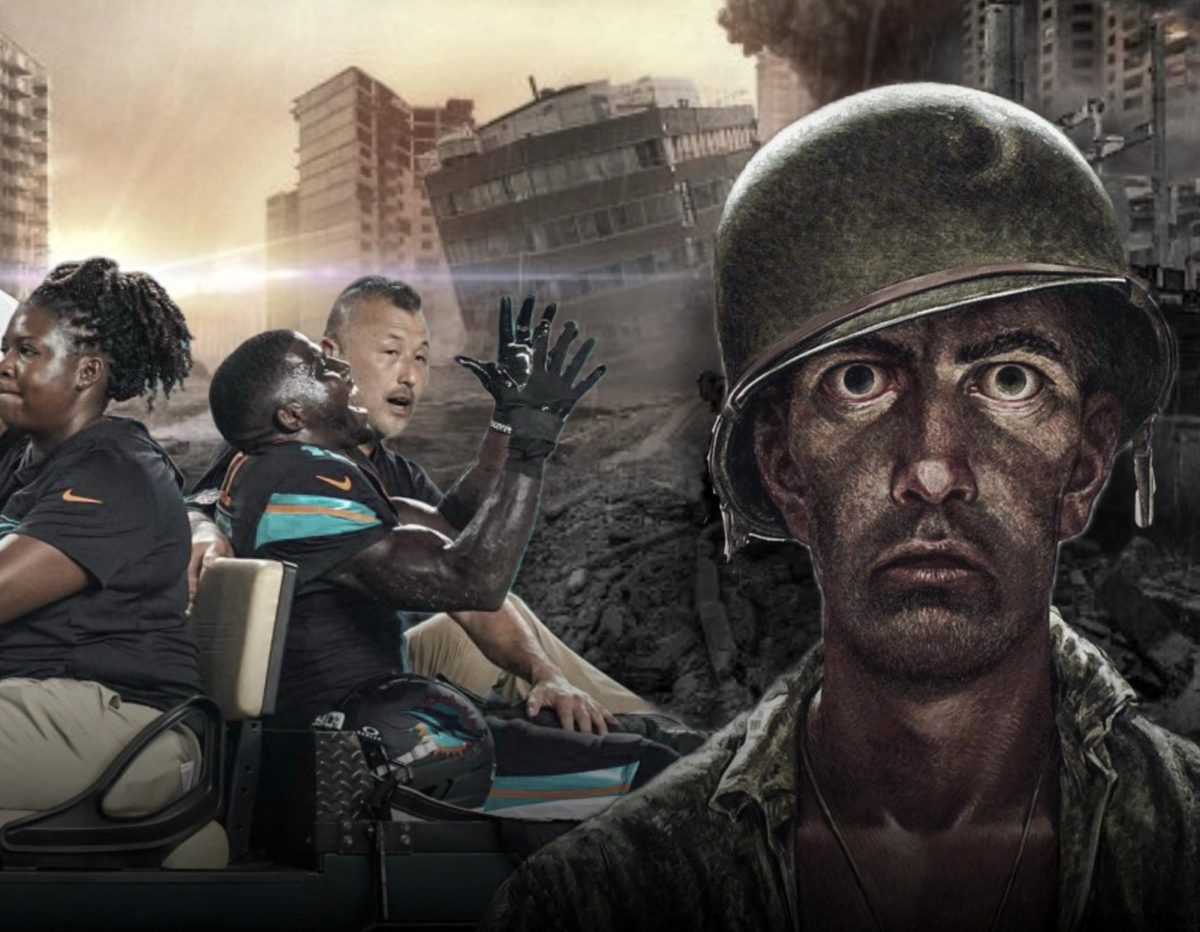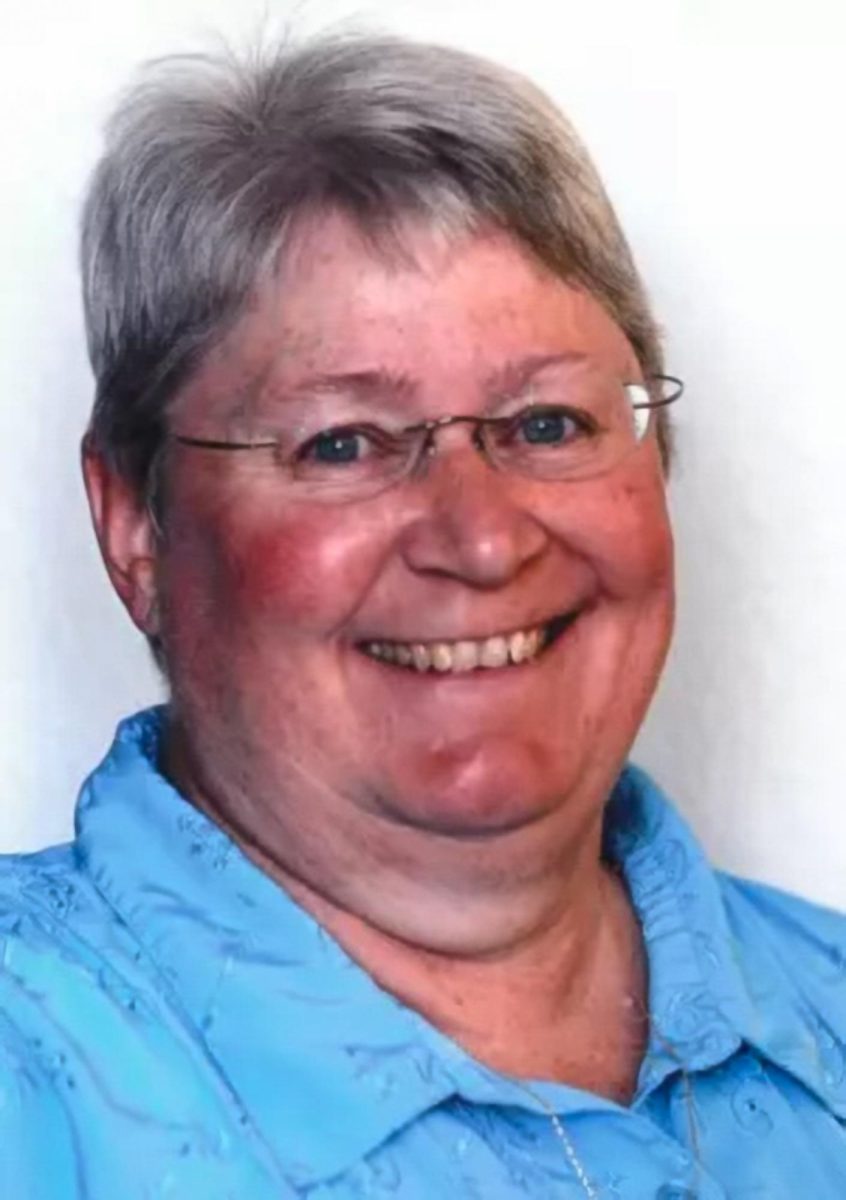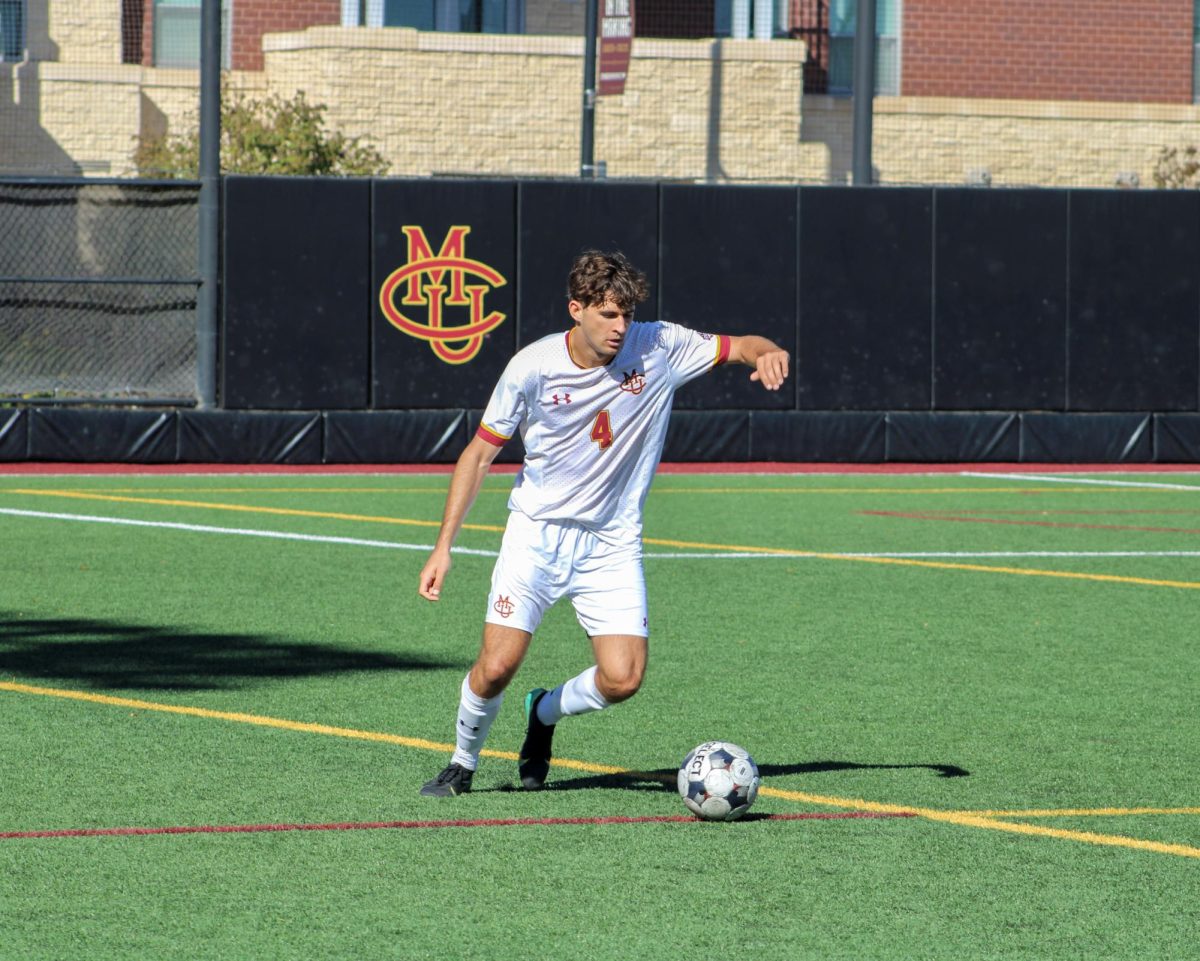The Cross Country/Nordic Skiing and Biathlon Team is one of the most interesting and fast-growing sports at Colorado Mesa University (CMU).
During the winter when most students are bundled up in their dorms, the cross country team can be found racing on top of Grand Mesa and shooting rifles outdoors.
For those who do not know, biathlon is a new sport at CMU this year. The Biathlon is an Olympic event that combines marksmanship and skiing prowess. Athletes are tasked with shooting a target while moving on a set of skis. Cross country skiing is like normal skiing but instead of going downhill, skiers are racing on a flat slope.
“I think it’s pretty unique. A lot of people don’t know about cross country skiing or have never even heard of it before. It is one of those sports where you have to be at the peak of your athletic ability in order to perform really well. What I like about it is that you can see yourself grow and improve over time, and over the course of your workouts. It’s liberating to do, because if you’re having a long day you can go skiing and then can just enjoy the nice weather and relax,” Bradley Walters said.
Despite Grand Junction being in the middle of a desert, CMU has offered nordic skiing for well-over a decade. To get around the obvious lack of snow, the Head Coach Marcin Wiesiolek and the team must be creative with how they train, which they accomplish through a couple of ways
Firstly, the team practices on asphalt with roller skis, which simulates the same body positions as actual cross country skiing. They also go up to the Grand Mesa every now and then, where they have plenty of space to race.
Things are a little trickier with biathlon, since athletes have to shoot a firearm as part of the event. To practice shooting, the Mavericks practice at the Cameo Shooting and Education Complex. However, in order to put skiing and shooting together, they have to travel outside Colorado.
“We have great venues not that far from us. One is in Soldier Hollow, Utah, which is a world class level quality biathlon range. And then one also in Casper, Wyoming. And since much of what we do involves travel anyway, the drive is something that we are used to.
Because of these constrictions, their philosophy is that Instead of training every day, they do intensive training camps, which have the same result.
Partly due to the rarity of the sport, Wiesiolek and athletes have interesting backgrounds that brought them to CMU.
“I grew up in Poland and I was a political refugee from then communist Poland in 1986. I lived in Philadelphia and shortly after I joined the US Army. I then came to Grand Junction in 2000. I’ve been instructing ski lessons for more than 20 years. But coaching college this is only the second year I’m doing and it’s an absolute privilege and pleasure to have this to have the institution behind me. I’ve never had access to such resources in my coaching,” Wiesiolek said.
Team member Parker Harris made the switch from cross country running to cross country skiing. In fact, Harris was actually first recruited to CMU as a runner, before eventually finding his passion for cross country skiing.
“During the height of the pandemic, I got into cross country [skiing]. I’m a huge fan of Alpine/Downhill but it had strict regulations during the pandemic, making people sign up for certain times and then having to wait in long lines. I didn’t really want to do that. So I switched and because of my cross country running background, it made it a lot easier,” Harris said.
Walters grew up in Alaska, where he was introduced into the sport.
“When I went to middle school, they had the opportunity to do sports and cross country skiing was one of the things that just kind of stood out .I started that my seventh grade year and I’ve been doing it pretty much ever since. So since 2014; almost a decade,” Bradley Walters said.
While a lot of members have experience, Wiesiolek stressed that anyone can join the team, even if they had no prior experience or financial concerns.
“Each athlete pays a $500 fee for the whole season. We cover the lodging, we cover travel to every training event to every race event, all their registration fees. So right now we subsidize students. The school is able to pay about $6,000 per student in their expenses, which is very significant,” Wiesiolek said.
A fee of $500 may sound like a lot, but it of course pales in comparison to the general price of skiing if one was not on the team.
“Marcin is a really good guy and he’s really knowledgeable and enjoyable to work with. RIght now, we’re building up the foundation of the team and funding, making sure that we can do what we want to do and give people the opportunity to join,” Walters said.
There are many reasons for students to join cross country skiing and biathlon or really any club sport. Cross country is a low impact sport, which makes it a great hobby to take up for the future. Participating in sports or extracurriculars also has benefits directly related to the university.
“Studies show that if you’re a part of the sport or something outside of academics, they’ll graduate at a higher percentage. So obviously, that’s the driven reason why we have funding for club sports is the graduation and retention is higher “ Club Sports Director Reese Keegan said.
Their season is short but intense. They will begin on the first weekend of January with the USCSA ski racing festival. Then, the team goes into the nonstop racing season. They compete almost every weekend in February. Then that leads up to nationals in Lake Placid, New York in the beginning of March.
Students interested in joining should contact Wiesiolek through e-mail or send an application through their website.
[media-credit name=”Courtesy of Marcin Wiesiolek” align=”none” width=”300″]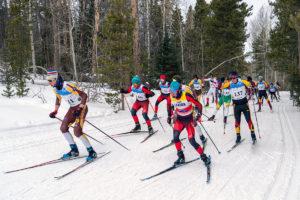 [/media-credit]
[/media-credit]



